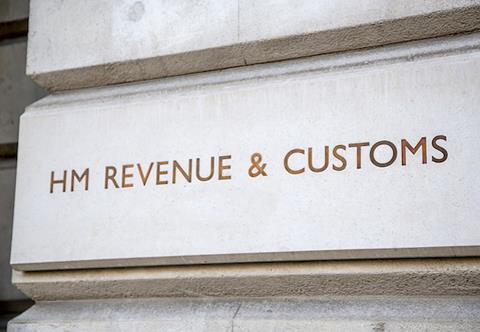
An Employment Tribunal (ET) has ruled that HM Revenue and Customs (HMRC) is able to issue multiple national minimum wage penalty notices, which can lead to employer penalty fines exceeding the £20,000 per employee cap.
The case, Best Connection Group v HMRC, involved employment agency Best Connection Group, which supplied approximately 1,500 to 2,000 workers to Sport Direct’s Shirebrook-based warehouse on an ongoing basis. These workers were paid the national minimum wage on an hourly basis.
An HMRC investigation, which began in January 2016 in conjunction with trade union Unite, found that workers at the Shirebrook warehouse, including those supplied by Best Connection Group, were paid less than the national minimum wage due to workplace practices, such as security searches at the end of shifts. This led to HMRC meeting with Best Connection Group in order to discuss the underpayments. HMRC informed the recruitment organisation during May and June 2016 that instances of underpayment would result in a notice of underpayment and a penalty, and that data would be required in order to make exact calculations.
In August 2016, HMRC notified Best Connection Group that it would be issuing 13 notices of underpayment for current employees at the organisation under the National Minimum Wage Act 1998, each of which incurred a penalty. This was based on information provided by the organisation. It included one notice up to 7 March 2014 with a penalty capped at £5,000, 11 notices for the period between 7 March 2014 and 25 May 2015 each with a penalty up to £20,000, and one notice for the period after 25 May 2015 with a penalty of £38,791,39. Best Connection Group objected to the issuing of numerous notices, although HMRC stated that the employees were being grouped into batches, with each batch not exceeding arrears of £20,000.
Under the National Minimum Wage Act, penalties are set at 200% of total arrears due to the worker, with a cap of £20,000 per worker. This became effective from 1 April 2016, and cannot be applied to earlier pay reference periods.
Previously, penalties were set at 50% of the total arrears due to workers covered by the notice with a cap of £5,000 per notice. This was effective until 7 March 2014 when it was then increased to 100% of the total arrears due to the workers covered by the notice, subject to a cap of £20,000 per notice. From 25 May 2015, the cap was altered to £20,000 per worker rather than per notice.
In August 2016, Best Connection Group paid its underpaid staff and half of the penalty fine. The organisation then appealed to the ET in September 2016, questioning the validity of the notices, as well as the fact it had been issued multiple notices with penalties. The Employment Tribunal found that the original notices were valid because they had been calculated using information provided by the organisation itself. The tribunal also concluded that the National Minimum Wage Act did not specify the number of notices that could be issued and, therefore, ruled that it should be interpreted to include the plural.
As a result of the appeal, HMRC issued new notices in December 2016 including the information Best Connection Group said was originally missing. This was to ensure that in the event the original notices were found to be invalid, the second set would not be and would therefore still apply. Best Connection Group appealed this batch of notices, however, this was also dismissed by the tribunal.
Employment judge Goodman, who oversaw the case, said: “This tribunal concludes that the act confers power to issue more than one notice, unlimited by particular circumstance or to particular reason for doing so. The government may decide as a matter of policy how to use the powers it has to enforce the law, which may include policy considerations on whether to issue one notice or many. Within the scope of an appeal under section 19C(6)(b), the penalties are not incorrectly calculated or capped.”
Best Connection Group was unavailable for comment at the time of publication.











